Wisdom is the knowledge of eternal truths, applied to life.
Having brought philosophy down from the heavens, Socrates was the first to spread it among the people, motivating them to study the science of life, human morals and the consequences of good and evil actions.
— Cicero
Only cleanliness eliminates parasites on the body, and it is the same with human societies. Let human societies make themselves clean and healthy with respect to the spirit, and the parasites of church and state that feed upon them will disappear by themselves, as insects disappear from a clean and healthy body.
Learnedness rarely coincides with wisdom. A learned person knows many things, but most of it is useless and doubtful. A wise person knows few things, but everything he knows is necessary to him and to others, and that which he knows he knows for certain.
The one who perceives his soul discovers within himself the divine source. Having perceived the divine source within himself, he will forever act and think in a way that is worthy of his divine gift.
— Cicero
The one who cannot use his heart to separate the important from the unimportant in the Gospel will never be able to learn this through any study of critiques, whereas the one who can make this distinction has no need for this study. And it is the one who needs the guidance of the Gospel for his life rather than for erudition who can make this distinction.
The wise are never learned; the learned are never wise.
— Laozi
The people of modern science have the wrong idea about what the task of science should be, i.e. they see it not in defining that which must be, but in describing that which is. But, one way or another, we know what is, and its description is not necessary to anyone. People drink wine, smoke tobacco, and science tasks itself with providing a physiological justification for consuming wine and tobacco. People kill each other, seize land or the means of production from everyone and give them to the few, and the sciences—jurisprudence and economics—are used to justify it. People believe in nonsense, and theology is used to justify it. The task of science must be the discovery of that which must be, not that which is. Present-day science, on the contrary, tasks itself primarily with distracting people’s attention from that which must be, and drawing it towards that which is, and which therefore nobody needs to know about.
Compared to all other knowledge, the good of wisdom is as vital as a vessel of water in a desert compared to bags of gold.